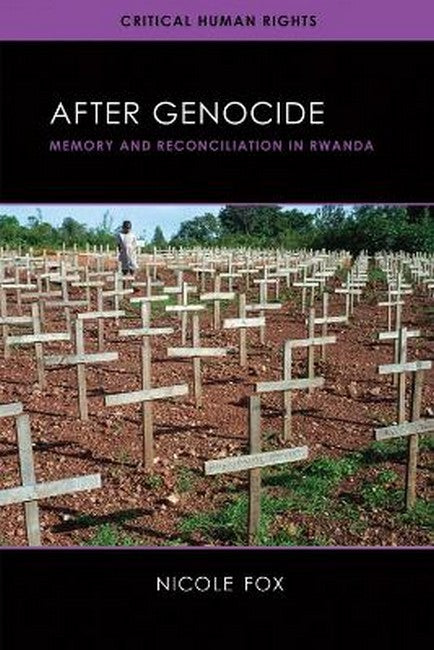Nicole Fox is an associate professor of criminal justice at California State University Sacramento.
Request Academic Copy
Please copy the ISBN for submitting review copy form
Description
Powerful. Fox's findings-including that the more mundane, everyday interactions are a more meaningful component of reconciliation-make beautiful and important contributions to the literature on peacebuilding and transitional justice, and have critical implications for international actors and policymakers." - Marie E. Berry, author of War, Women, and Power: From Violence to Mobilization in Rwanda and Bosnia-Herzegovina "After Genocide is a must-read for criminologists, cultural sociologists, and transitional justice scholars. Engaging and innovative, it entails crucial lessons on conditions of memorialization-its intensity, selectivity, and gendered nature-and its effects on peace." - Joachim Savelsberg, University of Minnesota "Essential for anyone interested in collective memory, violence, and social justice. Fox's careful, in-depth fieldwork results in a rich understanding of how Rwandans remember and narrate their pasts, and her brilliant concept of stratified collective memory powerfully illustrates how some peoples' memories become privileged while others' memories are marginalized." - Hollie Nyseth Brehm, The Ohio State University "Invites a discussion into the politics of naming, narrativity, and marginality associated with collective memory, and how they inform transitional justice and reconciliation efforts. . . . A valuable addition to the fields of peace and conflict studies, sociology, criminology, and transitional justice." - Peace & Change

